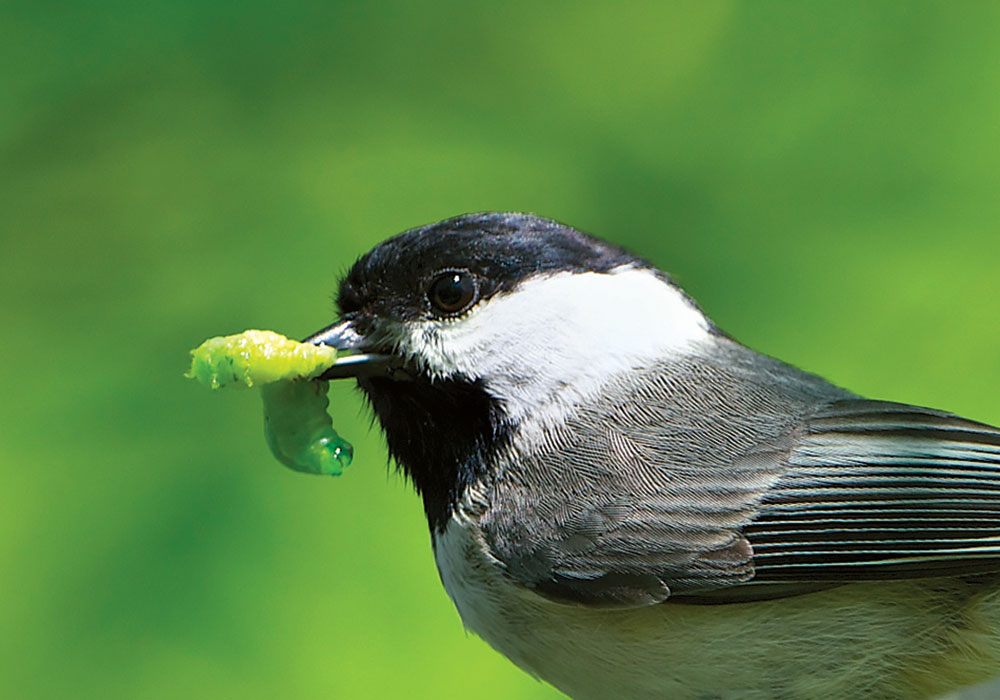Planning July 2019
Et Cetera
Podcasts: Planners Playlist

Nice Try! Utopian is a new podcast from Curbed about perfect places and the often ill-advised attempts to build them. Look for episodes every Thursday this summer. The season starts with Jamestown, Britain's first American colony, and its legacy of colonization — and, as the name of the series suggests, failure.

Indigenous Urbanism, a New Zealand-based storytelling podcast, highlights the communities and practitioners working to decolonize indigenous spaces through design. Catch up on the first 24 episodes ahead of season two's premiere, advertised as "coming soon."

The War on Cars takes on the "hundred years' war" between cars and cities by elevating the people and projects engaged in the "worldwide fight to undo a century's worth of damage wrought by the automobile," including millennials, mayors, and making the bus "sexy again."

About Buildings + Cities surveys architecture, buildings, and cities of yesterday, today, and tomorrow — real and imagined. Recent episodes dissect the creation of place in the manga Akira, church politics in London, and 19th-century dystopias.

City Road Podcast is about the complexities of urban life. Researchers from the Urban Housing and Smart Urbanism Labs at the University of Sydney investigate the ways cities intersect with everything else, from food to family and gender to democracy.
Ranked: ParkScore
The Trust for Public Land released its annual ParkScore rankings — the definitive analysis of the 100 largest U.S. cities based on park access, acreage, amenities, and funding — as part of its advocacy for a quality park within a 10-minute walk from every home in the country. This year's results reveal a big shake-up at the top: Washington, D.C., climbed into first place, unseating perennial champion Minneapolis, thanks to D.C.'s improvements in park amenities like basketball hoops, dog parks, and bathrooms.
The analysis also highlights a stark reality: When it comes to open space, all neighborhoods are not created equal. In the 100 cities surveyed, more than 11 million people don't have easy access to green space.
This year, for the first time, the ParkScore analysis offers custom insights on access for nearly 14,000 municipalities across the country. Explore the rankings and see how your city stacks up.
Top ParkScore Cities
1. Washington, D.C.
2. St. Paul, Minnesota
3. Minneapolis
4. Arlington, Virginia
5. Portland, Oregon
—Nette Compton
Compton is the deputy director of National Programs at The Trust for Public Land.
Film: Clean Streets

Image courtesy StoryCorps.
Part of StoryCorps's ongoing effort to preserve America's oral history traditions, this animated short captures a real conversation between two sanitation workers with more than 30 years of experience in New York City, revealing some valuable lessons about the importance of municipal services — and the power of a neighborly "hello."
Clean Streets is available for free in English and with Spanish subtitles.
—Ezra Haber Glen, AICP
Planning's regular film reviewer, Glenn teaches at MIT's Department of Urban Studies & Planning. He writes on cities and film; visit him at urbanfilm.org.
Study: Birds, Bugs, and Native Plants

Photo courtesy the Smithsonian.
It sounds logical: Birds thrive in areas with more native plants. But a new study from the Smithsonian Conservation Biology Institute's Migratory Bird Center, published in Proceedings of the National Academy of Sciences, is the first to link the decline of a common native bird to the scarcity of insect prey due to nonnative plants.
Volunteers from Neighborhood Nestwatch, a citizen science program, monitored Carolina chickadee nests in 159 yards in the Washington, D.C., area. Nesting chickadees have a small radius in which they will seek out food, and nonnative plants don't attract their preferred insects. That means most insectivorous birds are absent or declining in urban areas, according to the study — and planners can play a big part in bringing them back. "To promote sustainable food webs," the study says, "urban planners and private landowners should prioritize native plant species."
—Jim Sweeney
Sweeney writes about architecture, art, design, and science from Rockville, Maryland.
Et Cetera is a curated collection of planning odds and ends. Please send information to Lindsay R. Nieman, Planning's associate editor, at lnieman@planning.org.


